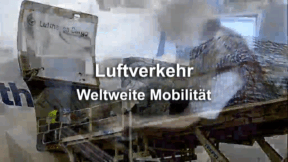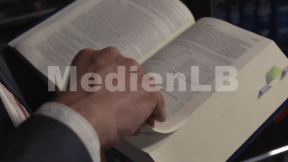 History
History

46502145 / 55501770
Industrialization (Kopie)
Working Class Life in the Ruhr Valley
This DVD treats the different working and living conditions of people in the Ruhr valley around the year 1900 and refers to the thesis of the sociologist Li Fischer-Eckert. She conducted interviews with working class women on their living conditions in the workers’ housing estates in 1911 and 1912. Based on her findings, she divided the workers in four classes: The first one has a “cosy home without luxury or deprivations”, those in the second class live “on the verge of deprivation”, the poorer workers “are defeated by unfavourable conditions” and those in the fourth class live in “complete neglect”. With the kitchen-cum-living-rooms set up in the Ruhrland Museum, which are shown and described in the film in an impressive way, a direct insight is offered into the workers’ lives. Furthermore, work in heavy industry and mining, the strict reign of the employers as well as the changes in social policy and the workers’ fight for their rights are discussed.
Play trailer
Curriculum-centred and oriented towards educational standards
Matching
Air Traffic
Being able to fly has been a dream of humanity from time immemorial. But it does not even date back a century that people actually started being able to travel through the air. Since the 1960s, the number of flight passengers has been constantly increasing. Thus, the airspace is no longer dominated by birds but by man-made flying objects.
Rights and Obligations
Three girls of different ages: Anna is 17, Paula 15 and Lena 13. Before the law, their respective ages have consequences – because children and adolescents have different rights and also obligations.









